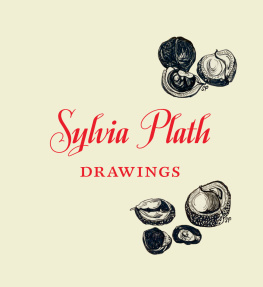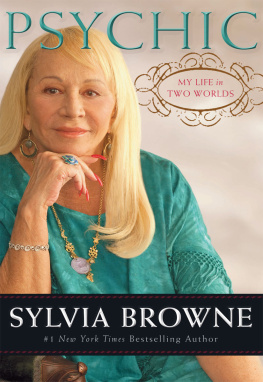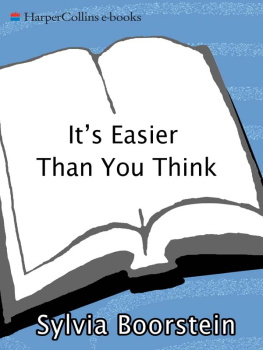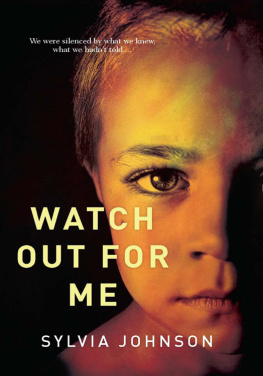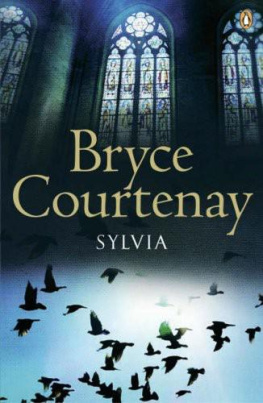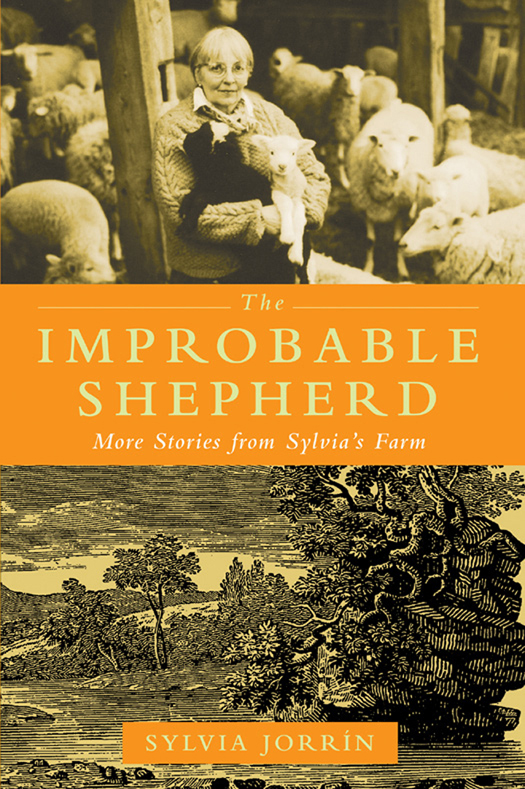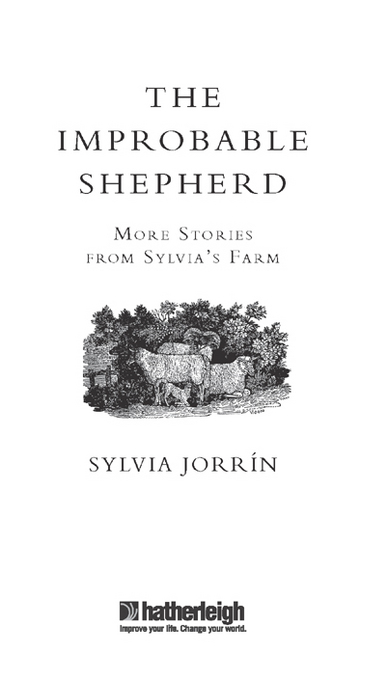Sylvia Jorrn is, quite simply, a national treasure. In this era of 10-minute news cycles, disposable luxuries, and soulless personalities, Sylvias stories are as refreshing and priceless as a cold glass of elderflower water on a summer afternoon.
The lessons of Sylvias farm are not just applicable for those who dream of living the rural life. Theyre universally instructive, and joyfully addictive. One would be hard-pressed to deduce whether they were written yesterday, or 100 years ago.
For those unfamiliar with Sylvia, discovering her stories is like stumbling into a fully loaded wild blackberry patchimpossible to rush through, sweetly fulfilling, with an immediate longing to return to them again and again.
Joshua Kilmer-Purcell,
The Fabulous Beekman Boys, www.beekman1802.com
Excerpted from Sylvias Farm: The Journal of an Improbable Shepherd and featured in Farm Aid: A Song for America
Farmers are dreamers of the first order. The most romantic of dreamers. Feet in the soil, head in the clouds, backs bent even in todays tractors. They are most wishful of all of those who have inherited the earth as their legacy and work with their bodies as well as their minds. Who else depends so strongly on the unknown and goodwill of the unexpected as a farmer does? The impending birth of calves inspires dreams of the calf being the right calf and growing into being the right cow. The planting, the haying, even the milking, all being controlled by forces within the realm of knowledge and experience and yet controlled by a force far stronger than one can even begin to imagine. There are years when only steadfast grim concentration can carry ones step to the barn. And days when all goes so well that life is as close to perfection as is possible on this earth.

Hatherleigh Press is committed to preserving and protecting the natural resources of the earth.
Environmentally responsible and sustainable practices are embraced within the companys mission statement.
Visit us at www.hatherleighpress.com and register online for free offers, discounts, special events, and more.
The Improbable Shepherd
Text copyright 2013 Sylvia Jorrn
Library of Congress Cataloging-in-Publication Data is available upon request.
ISBN: 978-1-57826-471-1
eBook ISBN: 978-1-57826-472-8
All rights reserved. No part of this book may be reproduced, stored in a retrieval system, or transmitted, in any form or by any means, electronic or otherwise, without written permission from the publisher.
Cover photography by Chris Lopez.
Cover and interior design by Cynthia Dunne.
v3.1
This book is dedicated to
my daughter, Justina Jorrn Barnard,
my son, Joachim Jorrn
and
John D. Hillis, the man in the blue truck
who told me to write it.
With all my love,
Sylvia Jorrn
ACKNOWLEDGMENTS

With gratitude
I offer thanks to
John D. Hillis
Arnold Brickman
Stephanie Carter
Susan Daley
Andrew Flach
Steve Gross
Chris Lopez
Valerie Razavi
and
my wonderful editor
Anna Krusinski
You have each in your own way made this book possible.
With love,
Sylvia Jorrn
CONTENTS

INTRODUCTION

I HAVE THE privilege of living my dream, here in a valley deep in the foothills of the Catskill Mountains. Orange day lilies, double-flowered, rich in their intensity, are framed by the great stone pillars that demarcate the windows of my outdoor living room. There are five such windows, each framing still another view of the lovely hills that surround my farm. I had a stone floor laid here some time ago, the autumn before I began to farm. It is built over a huge, deep stone cistern, which keeps this room cool on the rare day that summer becomes too hot. My dog Samantha lies at my feet on the stone floor this morning. She is nearly 12, and beginning, just beginning, to prefer to stay near me rather than race with my young Border Collie puppy, Fly Flannagan, who, instead of chasing her, is attempting to catch the barn swallows circling his head.
The morning fog is thick today. We are enclosed, all of us. My sheep, crowding in the cool shadow of the barn this summer morning. The goats, one staring out of the open door of the carriage house loft. Is he watching Fly racing toward each swallow who chooses to dive toward his head? Fly is the enemy, you see, and has been known to bring me one, still shivering and afraid, only to be released upon command. Fly, bring it to me. The chickens, recaptured after their most recent breakout, are safely (or is it the Savoy cabbages I am so carefully nurturing now the safe ones) ensconced in their outdoor duplex portable chicken coop, once again. Once again.
It is lovely here, this early morning. Not beautiful. Beauty is reserved, in my mind at least, for grander vistas, but it is lovely. The paradox, of course, that lies in all things is how to keep what is not from spoiling what is. How to keep the knowledge that heartache is inevitably included in life on the farm from intruding on all that is truly beautiful in that life, and in that, spoil it.
I am a farmer, and am most of what that means most of the time, and all of what that means me rest of the time. I have farmed it in these hills for many years. And shall continue to farm it for the rest of my life. This was not my first dream. My first dream was to live in a beautiful house, and I do. A Connecticut River Valley shingle-style house, set by accident or design, far, far from the river and far from the Long Island Sound of my New London childhood. The farm became a new dream, born in these hills. It still surprises me. There are moments when it is my greatest despair. And moments when it is a most silent and profoundly peaceful joy. But it is always my dream. And I live it.
THE GREAT BLUE HERON

T HE GREAT BLUE heron soared over the length of the brook, then gliding to the pond, settled on the gate post of my long wooden fence surrounding June Grass Pasture. They have become a symbol here on my farm. Were I to create my own coat of arms, something quite unprecedented in these hills, Id choose the heron, wings spread, carrying a lamb tied in a ribbon. They Soar would be the motto. They Soar. As do my dreams.
I watched the Heron before me and my flock surrounding me as they grazed the round bale I had just opened for them. Baleage. Sweet smelling with a faint hint of malt, and yet keeping the breath of summer, white plastic peeled away, six hundred pounds of second cutting hay. A joy to both this farmer and my sheep.
I took armfuls to the goats. They are living in the lambing room for the moment, neat and quite tidy. Fairly content, except for the moments when they, for no explicable reason, attack one another. With a vengeance. Goats fight. Sometimes. Sheep fight rarely. Except as today when two very pregnant ewes decided to face off and butt heads, the sound shaking the rafters, until the sound of my shouting diverted one. Not the other. And the exercise lost its interest.



